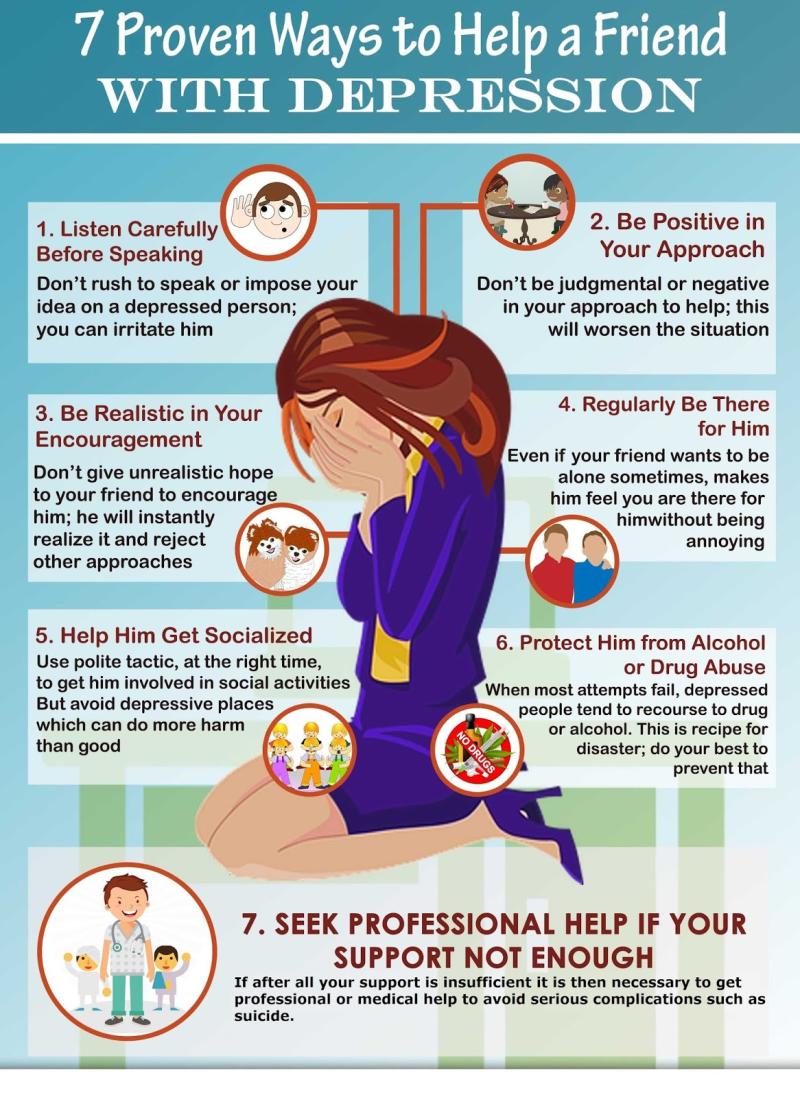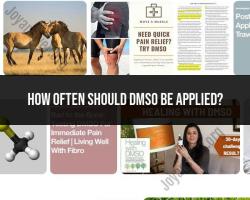How to cope with extreme anxiety?
Dealing with severe anxiety can be challenging, but there are coping strategies and techniques that can help manage symptoms and improve overall well-being. Here are some strategies to cope with extreme anxiety:
Deep Breathing and Relaxation Techniques: Practice deep breathing exercises, progressive muscle relaxation, or mindfulness meditation to calm your mind and body when anxiety strikes. These techniques can help reduce physiological symptoms of anxiety, such as rapid heartbeat and shallow breathing.
Physical Exercise: Engage in regular physical activity such as walking, jogging, yoga, or swimming. Exercise can help reduce tension, improve mood, and release endorphins, which are natural stress relievers.
Healthy Lifestyle Habits: Maintain a healthy lifestyle by eating a balanced diet, getting enough sleep, and avoiding excessive caffeine, alcohol, and stimulants. A well-nourished body and mind are better equipped to cope with stress and anxiety.
Seek Professional Help: Consider seeking support from a mental health professional such as a therapist, counselor, or psychiatrist. Therapy, including cognitive-behavioral therapy (CBT) or exposure therapy, can help you identify and challenge negative thought patterns and develop coping skills to manage anxiety.
Medication: In some cases, medication may be prescribed to help manage severe anxiety symptoms. Antidepressants, anti-anxiety medications, or beta-blockers may be prescribed by a healthcare provider to alleviate symptoms and improve functioning.
Limit Stressors: Identify and minimize sources of stress in your life where possible. Delegate tasks, set boundaries, and prioritize self-care to reduce overwhelm and prevent anxiety triggers.
Practice Self-Care: Make time for activities and hobbies that bring you joy and relaxation. Engage in activities such as reading, listening to music, spending time in nature, or practicing creative arts to distract yourself from anxious thoughts and promote feelings of well-being.
Connect with Supportive People: Reach out to friends, family members, or support groups who can provide empathy, understanding, and encouragement. Sharing your feelings with others and receiving social support can help alleviate feelings of isolation and provide perspective on managing anxiety.
Remember that coping with severe anxiety is a journey, and it's okay to seek professional help and support when needed. With time, patience, and consistent effort, it is possible to manage anxiety and improve quality of life.
I understand that managing extreme anxiety can be incredibly challenging, so I want to emphasize that I'm not a licensed mental health professional and cannot provide specific medical advice. However, I can share some general information and resources that may be helpful:
1. Effective Coping Strategies:
- Relaxation Techniques: Deep breathing exercises, progressive muscle relaxation, and guided imagery can help calm your nervous system and manage physical symptoms of anxiety.
- Cognitive Behavioral Therapy (CBT): CBT helps identify and challenge negative thought patterns that contribute to anxiety. A therapist can guide you through these techniques.
- Mindfulness and Meditation: These practices help you focus on the present moment and detach from anxious thoughts and feelings. There are many apps and online resources available to help you get started.
- Exercise: Physical activity releases endorphins, which have mood-boosting effects and can help manage anxiety symptoms.
- Healthy Lifestyle Habits: Getting enough sleep, eating a balanced diet, and limiting caffeine and alcohol can all contribute to better mental health.
- Connecting with Others: Talking to trusted friends, family members, or a therapist can provide emotional support and understanding.
2. Mindfulness Techniques:
Mindfulness involves focusing your attention on the present moment without judgment. This can be difficult when you're feeling anxious, but with practice, it can become a powerful tool for managing your symptoms. Some mindfulness techniques include:
- Focused breathing: Pay attention to your breath, noticing its rise and fall without trying to control it.
- Body scan: Mentally focus on different parts of your body, noticing any sensations without judgment.
- Mindful walking: Pay attention to your surroundings and the sensations of walking as you move slowly and deliberately.
3. Support Groups and Therapy:
Several support groups and therapy options can be beneficial for individuals with extreme anxiety. Here are some resources to explore:
- National Alliance on Mental Illness (NAMI): [invalid URL removed]
- Anxiety and Depression Association of America (ADAA): https://adaa.org/
- The Jed Foundation: https://jedfoundation.org/
- National Institute of Mental Health (NIMH): https://www.nimh.nih.gov/health/topics/anxiety-disorders/index.shtml
Remember, seeking professional help is crucial if your anxiety is causing significant distress or impacting your daily life. A therapist can create a personalized treatment plan that addresses your specific needs and help you find healthy ways to manage your anxiety.
It's important to be patient and compassionate with yourself. Managing anxiety takes time and effort, but with the right support and strategies, you can find relief and live a fulfilling life.












